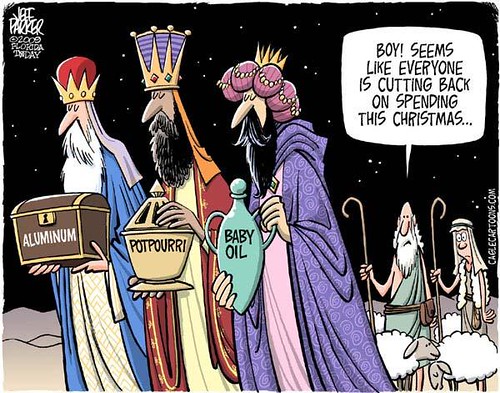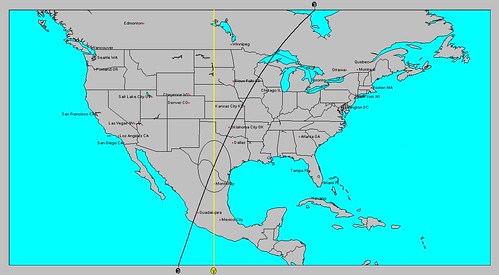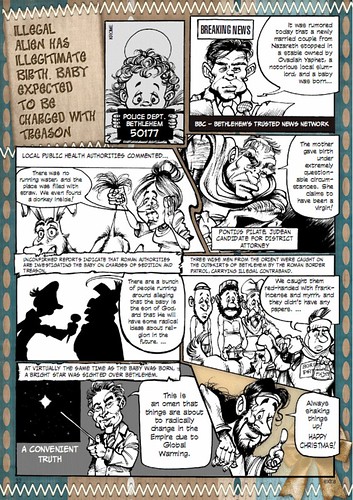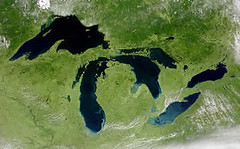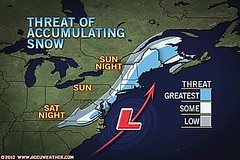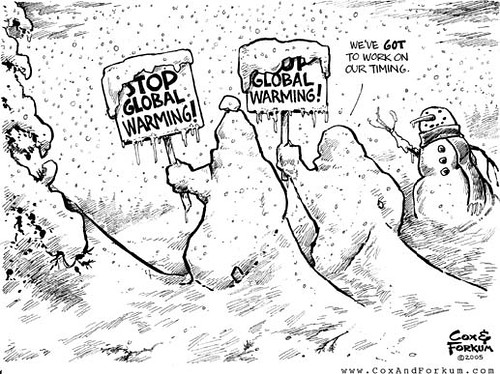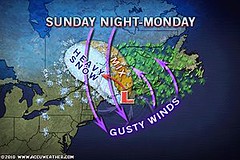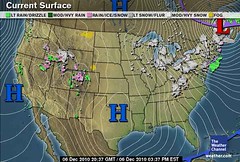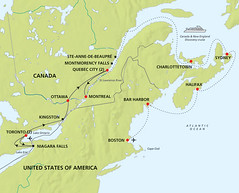
At this time Saturn will begin its retrograde motion, which by itself, is an indicator of cold, damp weather. On the day it turns retrograde, it also receives a square from Mercury. Negative aspects from Mercury coincide with low pressure systems. The Sun's parallel to Pluto is also operating at this time and has been observed to breed cold weather.
Great Lakes Winter Storm Jan 10-13, 2011
South Texas Wet Weather Feb 16-18, 2011
Significant West Coast Storm February 20-23, 2011
Major Storm January 3-5, 2011
Midwest Winter Cold and Heating Oil
December 2010 Nor'easter Forecast
Tropical Storm Matthew Fulfills Long-range Forecast!
Hurricane Earl and T.D. 10E Fulfill Long-range Forecasts!
Tropical Storm Alex Fulfills Long-range Prediction!
Bonnie Fulfills Long-range Forecast!
Introduction to the Weather Alternative
How Long-Range Forecasts Are Made
The Faith Value of The US Dollar
Financial Crisis

Unfettered greed, plain usury, outsourcing and endless wars have hollowed out from the inside the American Economy. And the black horse of the Apocalypse is running free collecting his dues.
The once mighty dollar has been reduced to nothing more than worthless paper devalued to but a shadow of its former glory. The UN, China, Russia, Arab Nations and World economic leaders are all calling for a new world currency, In essence, the report calls for a new Bretton Woods-style system of managed international exchange rates, meaning central banks would be forced to intervene and either support or push down their currencies depending on how the rest of the world economy is behaving.
How ironic that the idol that so many worshiped has come down bring with it its mighty temples and threatens to bury its devotees. Is not a question of if but when will the US Dollar collapse. Panicked investors have reacted by driving the price of gold to new heights never seen in world history.


